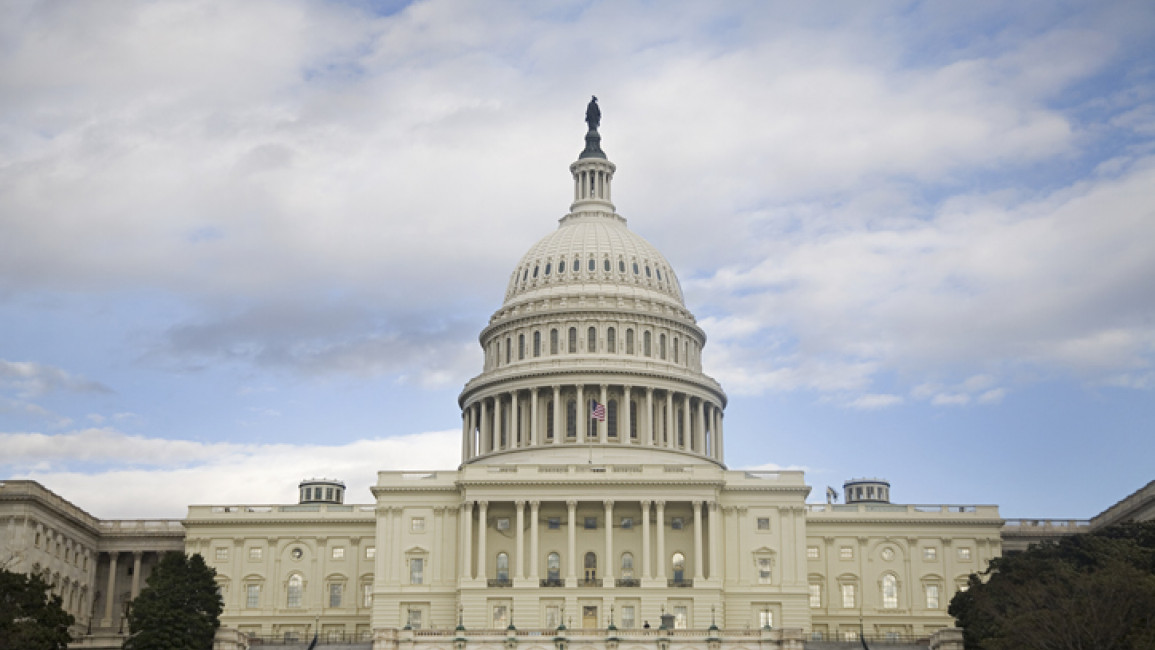US lawmakers pass anti-Assad Syria Anti-Normalisation Act
The US House of Representatives passed a bill on Wednesday that blocks Washington from normalising relations with Syria under President Bashar Al-Assad.
The Assad Anti-Normalisation Act was adopted with 389 votes in favour and 32 against, which means it will now move to the Senate for another vote. If adopted, it will need to be signed by President Joe Biden before becoming law.
"As a humanitarian organization that has worked on this bill since the inception of its idea, we are proud to see legislation that holds the Assad regime and those normalizing with war criminals accountable," Mouaz Moustafa, the Executive Director of the Syrian organization Syrian Emergency Task Force (SETF), said in a statement.
Introduced in May 2023, the Act extends the Caesar sanctions regime adopted in 2019 until 2032. It also prevents the US from recognising or dealing with the Assad regime, which has committed mass war crimes and crimes against humanity in Syria.
The bill was spearheaded by Republican chairman of the Middle East foreign affairs subcommittee Joe Wilson and co-sponsored by 52 congressmen from across the US political spectrum.
"There should never be any reason to justify normalising relations with a government that is responsible for the murder of over 600,000 men, women, and children,” Brendan Boyle, a Democratic sponsor of the bill and member of the House Syria Caucus, said in a statement.
"Tonight, the United States sent a clear and resounding message to Assad and his backers."
The legislation was adopted less than a year after the Arab League voted to reinstate Syria as a member of the body despite heavy criticism by Syrian human rights organisations.
Many Arab states have since normalised diplomatic ties with the Assad regime and reopened their embassies in Damascus.
The Caesar sanctions act is an extensive package of penalties targeting the Assad regime, businessmen supporting it and the Baath Party.
The sanctions prevent legal persons from dealing with these entities in US dollars, effectively blocking most economic flows to Syria with the exception of humanitarian aid.
It targets individuals and businesses anywhere in the world who operate either directly or indirectly in certain sectors of Syria's economy, including oil and gas, military industries, and construction.
Critics say this has devastated the Syrian economy and led to suffering for the Syrian people although Moustafa says the sanctions do not "hinder any humanitarian efforts, in fact it ensures that aid reaches civilians instead of the Assad regime besieging and bombing innocent people".
The Caesar act was named after a former Syrian military photographer, known today only by the pseudonym 'Caesar', who fled Syria in 2014 with over 54,000 harrowing pictures of the victims of torture, brutality and starvation in Assad's jails.



